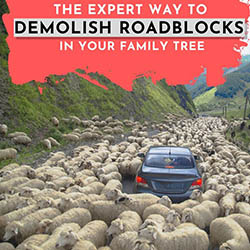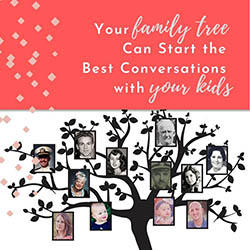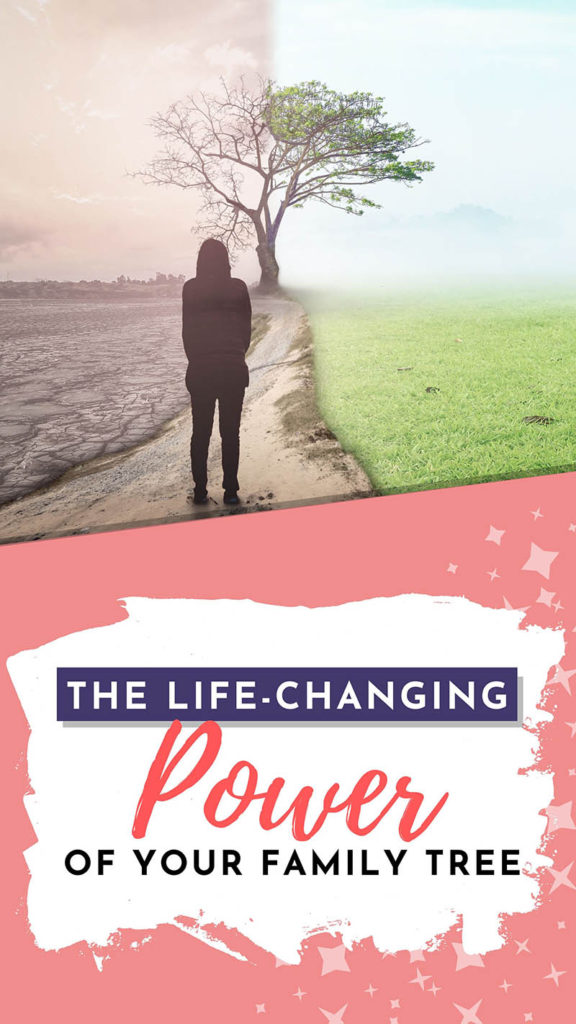
“I’m not interested in my family tree, but I’m very interested in the money you’re paying me.”
The 19-year-old college student sitting in his dorm room was very upfront about his motivations for talking to a couple product managers from Ancestry.com.
“Great!” they answered, completely undaunted. “We want to understand your perspective.”
So began an almost 3-hour conversation as the two Ancestry reps walked this young kid through what was possible on the website and with family history.
“I still remember a moment toward the end,” recalls one of those reps, “the kid’s visibly getting excited and asks, ‘Why don’t you tell people you can do all this?!?’”
Ah. Now that is a great question!
What makes people so excited about family history?
Josh Harman is a product manager at Ancestry.com. (He’s also my brother-in-law. Yes, I used to work there and so did my husband. We’re all about family history in the Harman family.)
For the past 5 years, Josh’s worked on onboarding – that’s the process of getting people to sign up for the website.
During that time, he’s been laser focused on one question – What makes people really interested and engaged in family history?
What’s the difference, he continually asks himself, between people who are really into family history and those who seem only mildly interested and those who don’t even give it a try?
“The more I look into this question, the more passionate I’ve gotten about it,” Josh explains.
Passionate might be an understatement.
In the past 5 years, he’s talked to literally 1,000s of people at their homes, at conferences, or on calls.
Ancestry.com subscribers. Family history newbies. Hard-core genealogists. College students in dorm rooms. He’s talked to them all in search of this answer.
“Some people say they are apathetic about their family history,” Josh explains. “But I’ve never walked away from a conversation with someone really thinking they truly are.”
Obviously, you can’t have so many conversations without some insights. So, let’s chat about what he’s discovered.
Why aren’t people interested in family history?
A lack of interest really comes down to mindset.
“People don’t know what is possible,” Josh explains. “And that usually means ‘I’ve heard about my extended family, we’re not very interesting.’”
Let’s take comedian Chris Rock. In 2008, he appeared on PBS’s family history show “African American Lives 2.”
As the segment begins, Chris Rock is being, well, Chris Rock: flippant and joking.
Then show host Henry Louis Gates shows Chris a document proving that after being enslaved for 21 years, Chris’s great-great-grandfather fought against the South during the Civil War. And then he owned land. And then he served in a state legislature.
In that moment, Chris’s demeanor changes completely. He becomes obviously emotional. “You got me!” he exclaims, as he wipes tears.
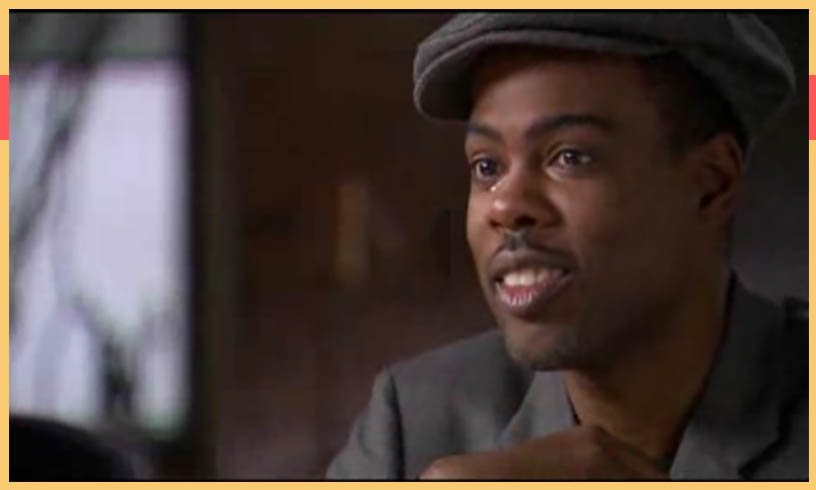
“If you’d know this, how would your life have been different?” Henry asks Chris.
Chris Rock’s answer: He probably wouldn’t have gone into comedy.
“Before I lucked into comedy on a whim,” Chris explains, “I assumed I would pick up things for white people for the rest of my life. If I had known this [about my family], it would have taken away the inevitability that I was going to be nothing.”
The inevitability that he would be nothing.
This segment speaks boldly to Josh’s point: When people don’t know what’s possible, when they think they know their family story, and when they think that story isn’t interesting, people believe they have no interest in family history.
Chris didn’t know his story. But when he discovered it, it changed everything.
It’s all about the emotion
So let’s go back to that 19-year-old, uninterested college student.
You’ll recall that after a 3-hour chat about what could be done with family history, the kid was excited.
“It really highlighted for me,” Josh says, “that a college student just looking for extra cash, when he learned what was possible, without even discovering anything specific about his family, he was excited about the idea of family history.”
Are you noticing a trend here with the words:
- Flippant
- Uninterested
- Excited
- Life changing
- Brought to tears
- Taking away inevitability of nothing
It’s an emotional response. The thing that captures people, that gets them interested, that makes them want to know is having an emotional experience with their own family history.
And that’s key – it must be with their own, individual, personal family tree.
The identity-changing power of family history
A few years ago, Josh was teaching an Ancestry class. A man shared that 3 months before, his mother, who was adopted, took a DNA test and found out she was 50% Ashkenazi Jewish. That made this man roughly a quarter.
“6 months ago, what was your interest in family history,” Josh asked him.
“Not much.”
“OK, so now, what is your level of interest in family history?” Josh countered.
“Basically, it’s consuming my life,” the man said. “I just need to know more.”
This man thought he knew his story: his mom was adopted, what could finding new information change? But finding that new information changed everything. Once he was armed with that, he couldn’t wait to dig in and find out more.
There’s something about family history that shapes our identity.
Both Josh and I have helped countless people build their family tree. And it’s so, so common to see people go — in literally minutes — from knowing nothing to exclaiming “Oh My Gosh!”
Then you hear people say, “I want to know more about my tree, so I know who I am” or “I found this information, and now I know who I am.”
Now I know who I am…
Think about the power in that statement. That’s the power of the stories in a family tree. It truly is remarkable.
“It’s not just that they’re learning more about who their family is,” Josh explains. “The more people learn about their family, the more it changes the view of who they are themselves. And that’s usually unexpected.”
Taking the boring of family history
But here’s the kicker: Family history is quite boring — until you have a personally meaningful experience with it.
Let’s be honest, not many people are excited about writing names in a pedigree chart. Or even looking at the family pedigree chart that Aunt Mary created.
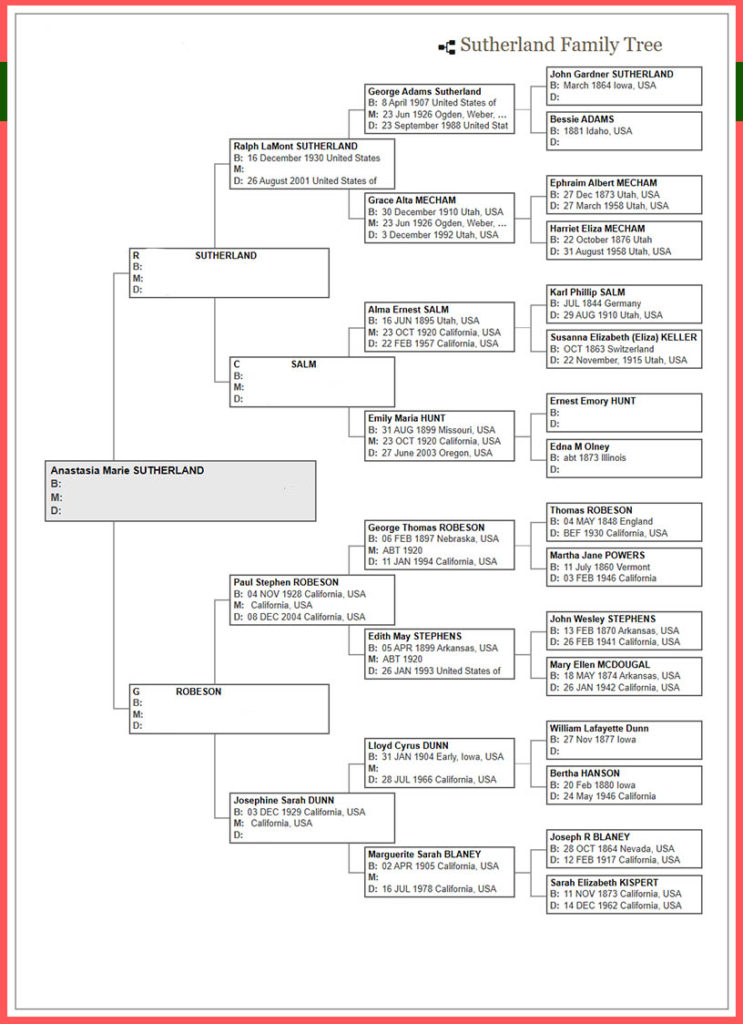
“If you don’t find a pedigree chart exciting,” Josh says, “you’re a rational, normal person. But when you finally run into something — some story, some data, a realization that you didn’t have, facts in context — out of the blue, you’ve had the most amazing emotional experience.”
Life is remarkable
There’s no reason every person on this planet — especially you — can’t have this experience. If you give family history a try and dig in, it’s hard to not find something that will impact your life in one way or another, usually in the very positive.
Josh calls this a “conversion moment” — the moment that someone is converted to the idea that there’s a compelling story about their family.
For most of history, life has been extremely difficult. “Any given person on this planet is the result of 100s of generations of people who struggled and sweat but triumphed,” Josh says. “And you know they triumphed, because you’re standing here.”
The Harmans are descended from Welsh Coal miners.
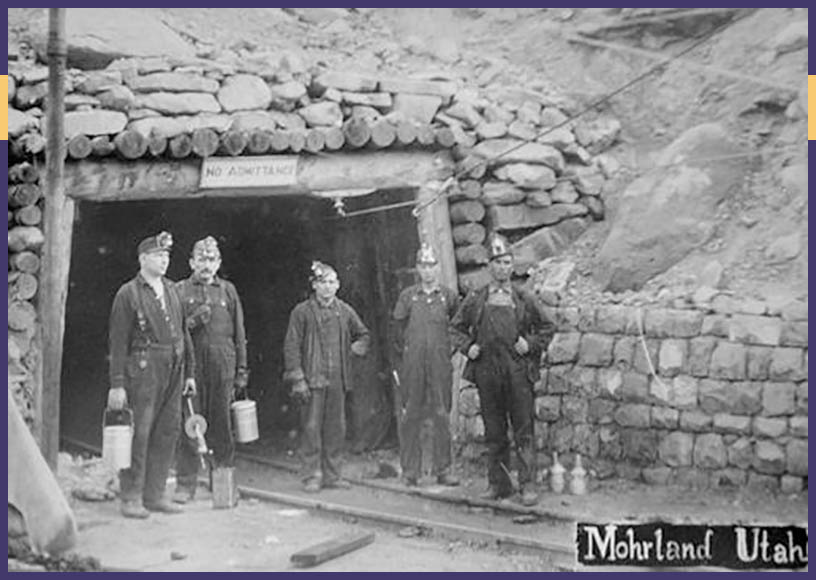
“There aren’t many ladder rungs lower than Welsh coal miners in the US,” Josh tells me. “And I imagine these people didn’t feel remarkable. They were poor, uneducated, and literally lived in Coal Dump. I’m sure they couldn’t have anticipated how their great-great-grandson would hold their remarkable lives in awe and respect. I have a fabulous life, but it’s only because of what they did.”
And that’s the key, isn’t it: Life is remarkable.
Your life. My life. Our ancestors’ lives. It’s all remarkable. And remarkable things come with amazing, life-changing, identity-finding stories.
So…what’s your family story?
OK, what does all this mean for you?
Well, first off, if you haven’t had this kind of family history experience – I hope this post inspires you to start searching. Talk to family members. Go through the old photo albums and ask about the people and their stories. Search on FamilySearch’s family tree or on Ancestry. Maybe even dig into some historical records.
In fact, I’ve created a guide called “Finding Your Family Story.” It gives you so many ideas to inspire your own personal journey to having your own life-changing family history experience. You can get it here.
Second, if you’ve had this experience, I would LOVE to hear about it! I’m always looking for people’s family history stories to feature in blog posts or social media. So please leave a comment below!
Read Next
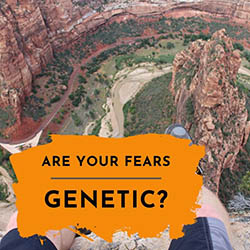
Images
- Image 1. Chris Rock. Still from segment “Chris Rock,” African American Lives 2, PBS, Thirteen: Media with Impact, found online at https://www.thirteen.org/wnet/aalives/profiles/rock.html, accessed 22 January 2020.
- Image 2. Pedigree Chart. Created by Anastasia Harman. Some info deleted to protect privacy.
- Image 3. Utah coal miners. “Utah Mines,” found online at http://www.miningartifacts.org/Utah-Mines.html, accessed 23 January 2020.


